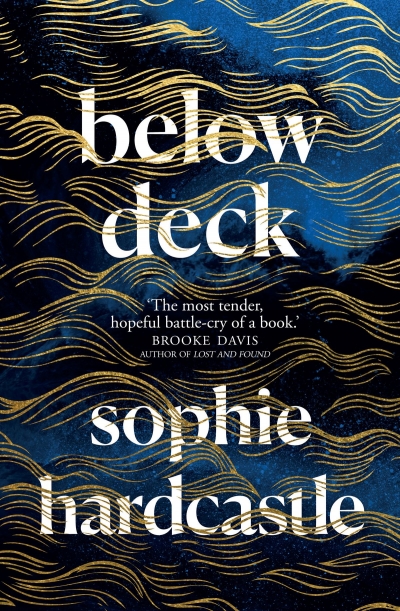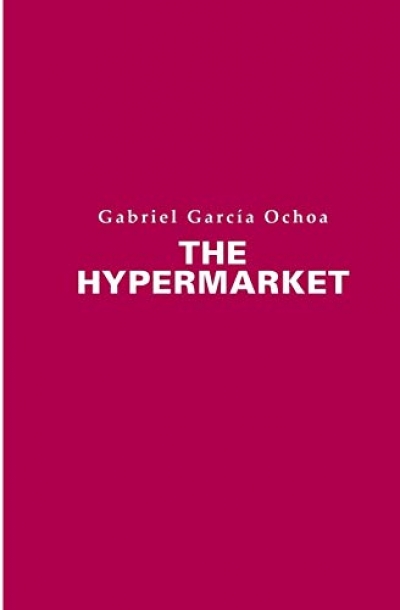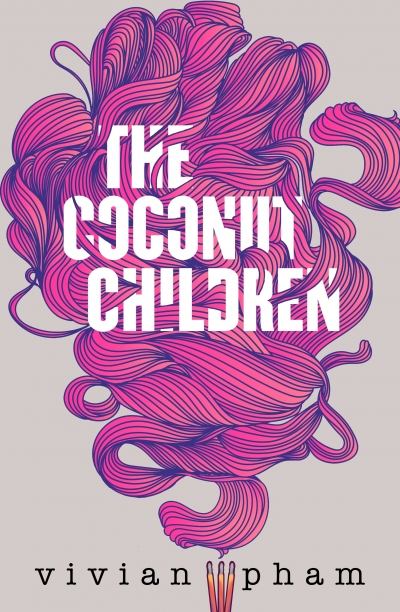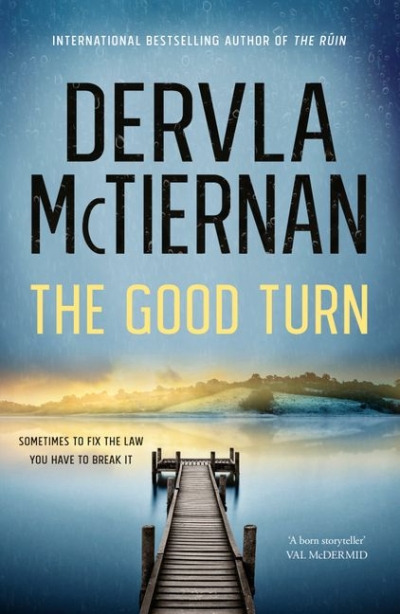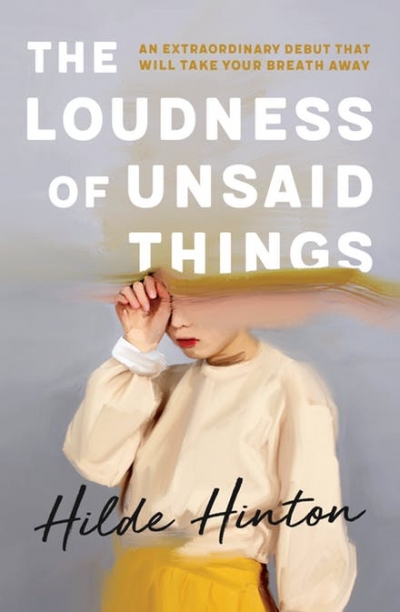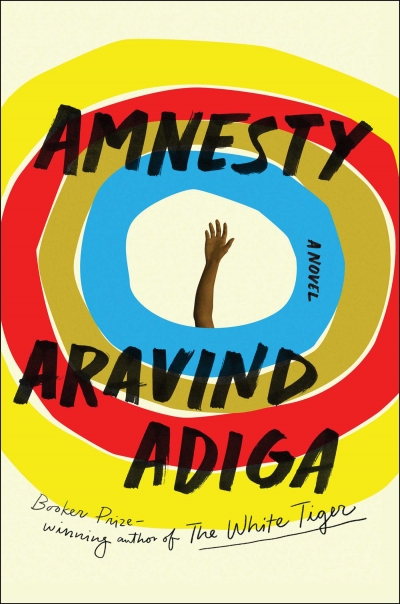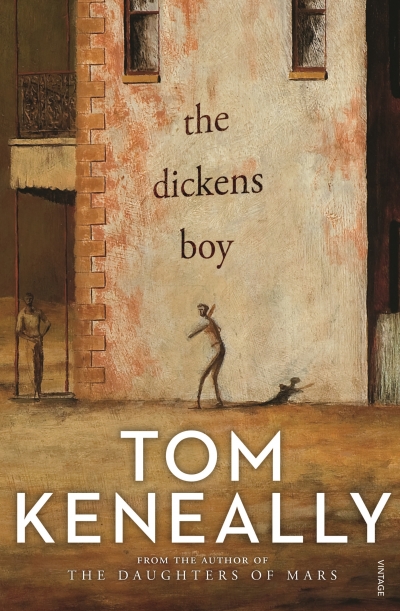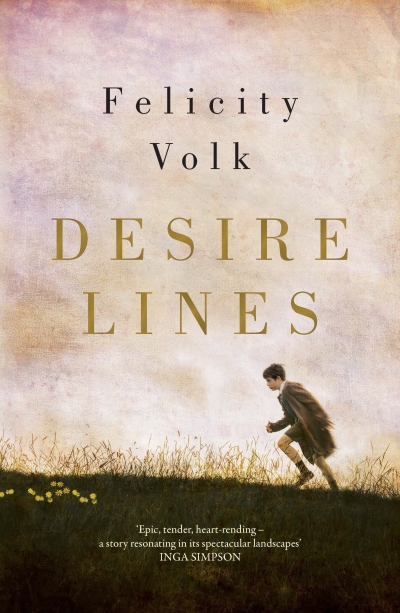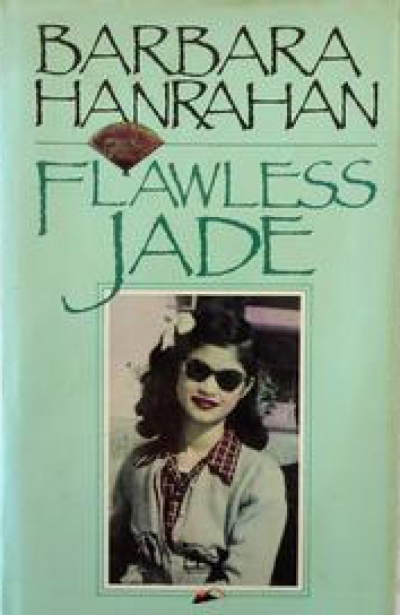Fiction
Below Deck is a stunning literary novel. This is a poetic work that can be read aloud just as easily as it can be read in silence. Sophie Hardcastle wrote Below Deck in 2018 when she was a Provost’s Scholar in English Literature at Worcester College at the University of Oxford. As she reveals in the acknowledgments, she read a draft aloud to her professor, an experience that no doubt consolidated the flow of her prose.
... (read more)The Hypermarket, an enigmatic and deeply uncanny novel, explores ‘mistranslation’ against the backdrop of Nietzsche’s philosophy of Eternal Return. Gabriel García Ochoa’s début novel transforms the Houghton Library at Harvard University into a Borgesian space. As the narrator is undertaking his research, he comes across an excerpt from a letter copied into an old diary. It details the lives of people living in a supernatural Hypermarket, ‘where the linoleum floor gives way to moss and a young, tender turf’. In a highly significant moment, the narrator rips out the pages and stores them in volume six of The Arabian Nights.
... (read more)The Coconut Children is an assured début from nineteen-year-old novelist Vivian Pham, who has drawn upon the richness of Sydney’s south-western suburbs to construct a deeply affecting coming-of-age story revolving around teenager Sonny. Pham’s language is melodramatic at times. With bold flourishes she expertly captures the internal monologue of a teenage girl navigating the everyday travails of being a young woman – schoolyard crushes and the ‘violent ammunition of her love thoughts’, an ever-changing body, and a burgeoning sexual awakening – alongside the darker undercurrents present within Sonny’s family and her wider community: sexual abuse, domestic violence, intergenerational trauma, addiction, and poverty.
... (read more)Dervla McTiernan’s third novel consolidates her standing as a star of Irish detective fiction, following her breakout début, The Rúin (2018), and its follow-up, The Scholar (2019), all featuring Detective Sergeant Cormac Reilly. Dublin dominates the imagination of Irish crime writing, but McTiernan’s stories centre around the western city of Galway and the small towns that surround it, places with pretty, smiling exteriors that mask darker moral and economic realities. For every cheerful local pub and beautiful seaside terrace there is a building lot abandoned in the wake of economic crisis and a cheaply constructed block of units with no heating and a rent-gouging landlord.
... (read more)Hilde Hinton’s début novel is character-driven storytelling at its best. Its narrator, Susie, is a perpetual outsider whose world comprises ‘her dad, her crazy sometimes-there mum and a house that didn’t look like the others’. Susie faces life’s brutal realities earlier than most: by Year Seven she has moved from the country to the city, taken up selling newspapers in Melbourne’s streets, where adventure lurks but so do ill-motivated men, and seen her mother drifting ‘in and out of the mind hospitals’.
... (read more)Four auspicious début collections by Mandy Beaumont, Dominic Carew, Wayne Marshall, and Sean O'Beirne
The American writer Jack Matthews had no time for what he called ‘a discontent’ with the brevity of the short story. ‘Ask a coral snake,’ he declared, ‘which is as deadly as it is small.’ The claim for ‘deadliness’ certainly applies to four recent début collections; in the tight spaces of the short story, each one presents confronting ideas about contemporary Australia.
... (read more)Much political mileage has been made in Australia from the turning back of ‘boat people’. Travel by boat is the cheapest means of getting to this island continent, and the most dangerous. Boat travellers are the poorest and the most likely to be caught and deported or sent to an offshore camp. But their number is less than half of those who arrive by air as tourists and apply for refugee protection: some 100,000 have done so during the seven years of this Coalition government.
... (read more)‘When a writer is born into a family, the family is finished.’ That gunshot of a quotation comes from the Polish poet Czesław Miłosz. I suspect he means writers are traitors to biology – they have higher allegiances than blood ties. Art is their true spouse; their works are the favoured first-born.
... (read more)The poet Anne Michaels once wrote that when love finds us, our pasts suddenly become obsolete science. All the secret places left fallow by loneliness are flooded with light and the immanence of the longed-for one draws us into the clearing, stains us with radiance. Yeats’s wing-footed wanderer arrives at last and the miraculous restorations of love and the imperatives of desire render our separate pasts ‘old maps, disproved theories, a diorama’.
... (read more)Barbara Hanrahan has set much of her work on studies of childhood, sometimes childhood which is involved with fantasy and evil. Always, however, the children are presented through their memories of the minutiae of daily life, vignettes formed by detail, which is vividly presented, conveying the remembered sights, sounds, and smells of childhood and adolescence. Amongst the pictures of plants and pets, houses and relatives, one finds often rather scrofulous details; the hairs in grandpa’s nose, the squeezing of grandma’s blackheads, the smell in the pit dunny, the scurf on aunt’s scalp, the wetting of a bed, the snot discards on the carpet, the persistence of the dog’s penis, glimpses of adult (usually unattractive) bodies, spiedon sexual activity, and the groping of old men under girls’ skirts.
... (read more)

